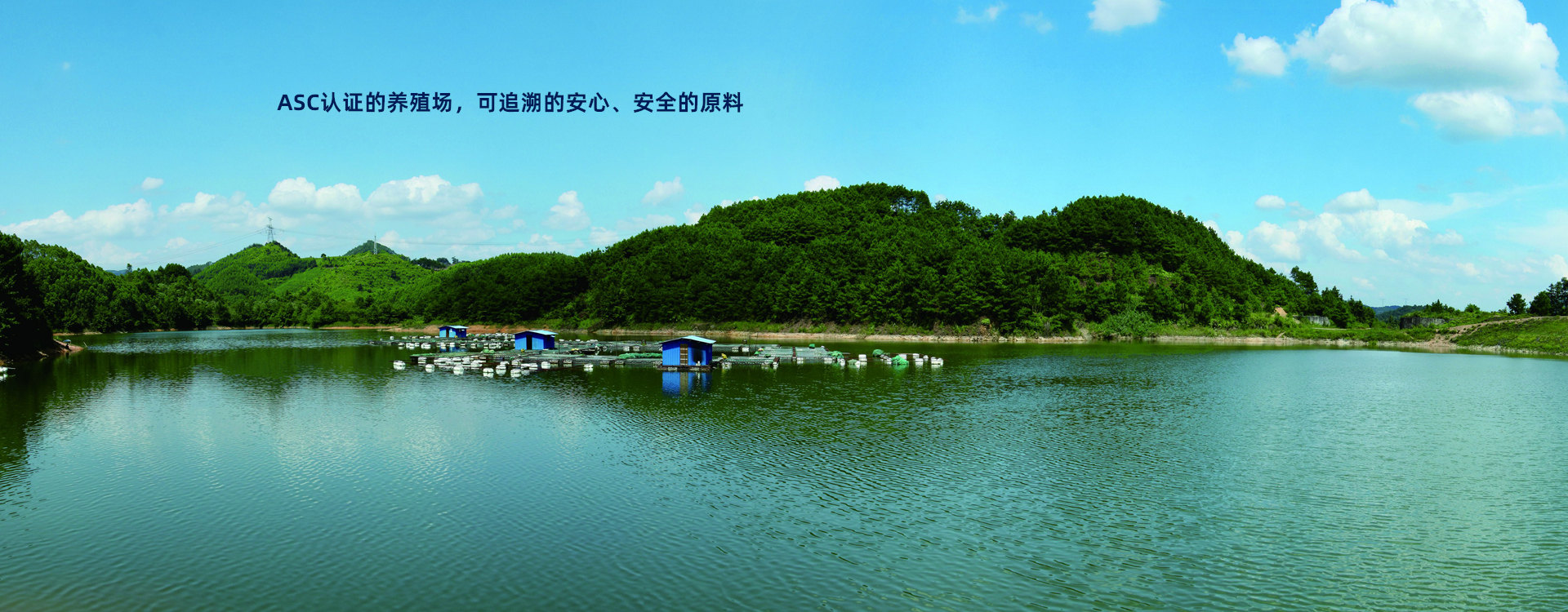Transcriptome of ATDC5 Cultured with Glucosamine
Hydrochloride and Collagen Hydrolysate Indicates a New
Candidate Gene for the Differentiation of Chondrocytes
Sachie Nakatani1, Kenji Kobata1, Hiroto Nakajima1, Yoshifumi Kimira1, Hiroshi Mano1, Fumihito Sugihara2, and Masahiro Wada1
1 Faculty of Pharmaceutical Sciences, Josai University, 1-1 Keyakidai, Sakado, Saitama 350-0295, Japan
2 Nitta Gelatin Inc., Peptide Division, 2-22 Futamata, Yao, Osaka 581-0024, Japan
Aging is one of risk factors for the articular cartilage disorder known as osteoarthritis. It is generally accepted that glucosamine hydrochloride (GlcN) and collagen hydrolysate (CH) supplements ameliorate aging-induced osteoarthritis. The purpose of this study was to explore gene markers for an effective solution to treat osteoarthritis by using transcriptome analysis of chondrocyte cell lines supplemented with GlcN and CH. Mouse chondrogenic ATDC5 cells were cultured until three differentiation stages (proliferative, mature, and hypertrophic) were present. Each cell stage was then incubated with a medium containing 1 mM GlcN or 0.1 g/mL CH for 3 h. Total RNA extracted from the treated cells was applied to a DNA microarray system to measure expression levels of mRNA transcripts of the whole mouse genome. The expression level of 2815 probes increased during differentiation in the absence of GlcN and CH. Of these, the expression level of 1059 probes did not increase in any of the differentiation stages following addition of GlcN or CH. Gene ontology analysis indicated a new candidate gene, protein kinase C zeta (PKC zeta), for the differentiation of chondrocytes. The mRNA levels of PKC zeta in the transcriptome analysis were suppressed by GlcN and CH. Our findings suggest that PKC zeta may be a candidate age-promoting factor in articular cartilage and that GlcN and CH could suppress PKC zeta expression to prevent aging of articular cartilage.





